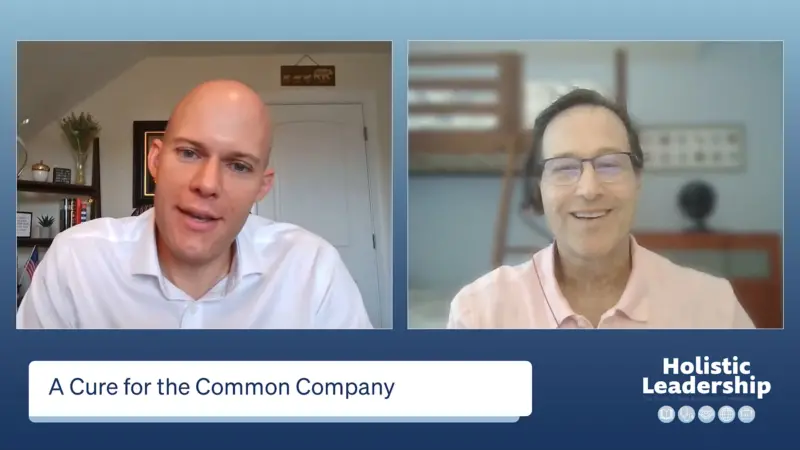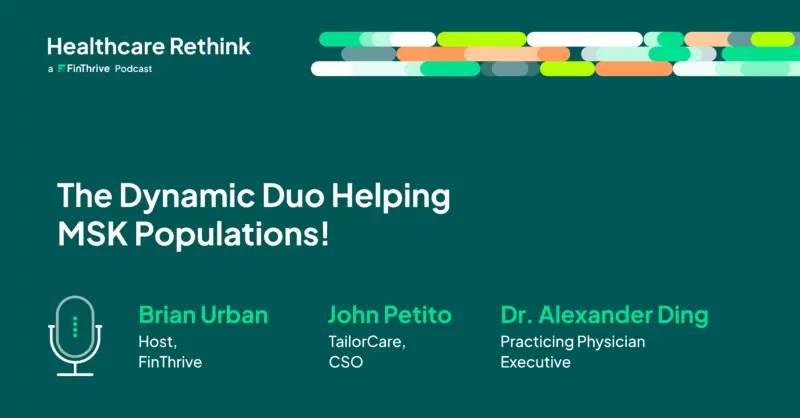ASCO Quality 2022 : Inside UT-Dell’s Team-Based Oncology Care Findings
John Elliott, representing Carevive, attended the ASCO Quality Conference in Chicago and had the opportunity to connect with UT Austin Dell Medical School’s Livestrong Cancer Institute. Together, they discussed an innovative tool developed by Carevive for chart abstraction to measure integrated interdisciplinary care. The tool aimed to extract crucial data points manually, providing insights into service utilization and patient outcomes. The partnership with Carevive offered the potential for real-time data extraction, streamlining the process and enabling continuous analysis. John expressed excitement about collaborating with other organizations and researchers at the conference to collectively improve patient outcomes, lower costs, and make a significant impact in the field of oncology.
Key Insights from the Research:
The Livestrong Cancer Institute shared their experience using the chart abstraction tool, which involved manually extracting 151 discrete data points from encounter notes. The focus was on measuring touch points with different providers, service delivery timelines, and addressing symptoms within a specific timeframe. The labor-intensive manual process proved time-consuming, prompting the need for a more streamlined approach. Carevive’s partnership offers the potential to extract real-time data and create a continuous analysis framework, ensuring patients receive timely and appropriate care. The tool’s integration of genetic counseling, frailty assessment, care coordination, and navigation showcases a patient-centered, whole-person approach to oncology care.



